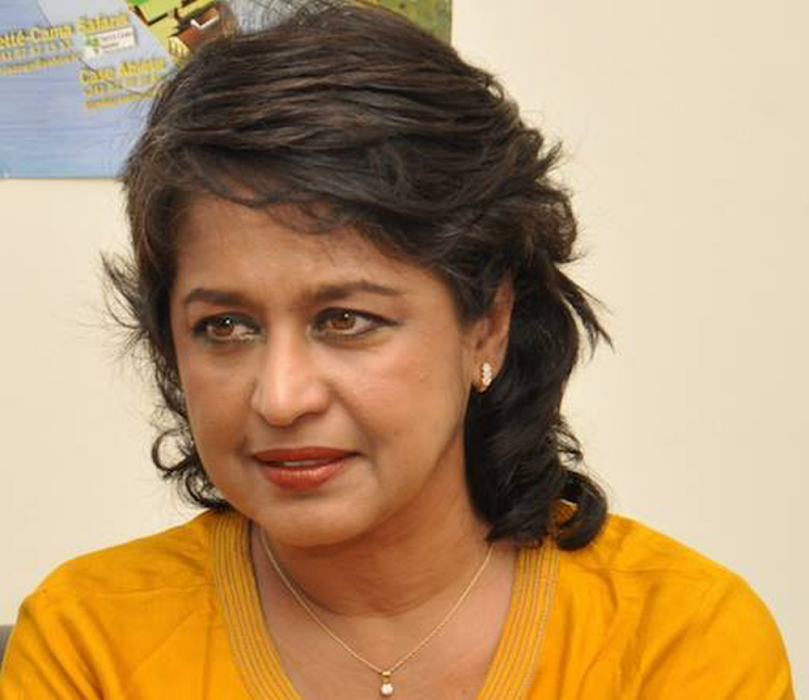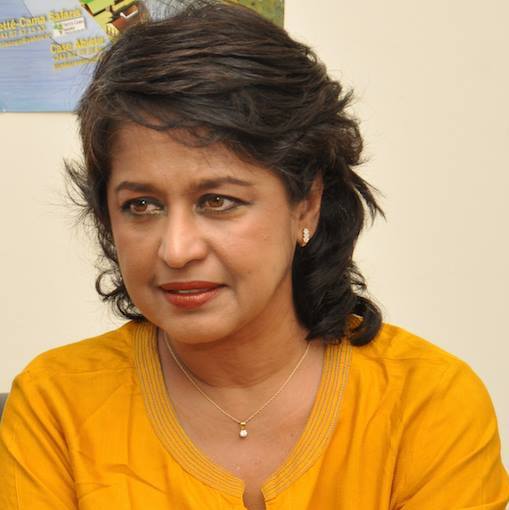
With Little Fanfare, Mauritius Gets Woman President
In little reported news last week, Mauritius became the second country in Africa to get a woman leader…not a politician but a world-renowned biologist who has addressed the esteemed TED series of lectures. Ammenah Gurib-Fakim was inaugurated without contention on Friday, after being appointed by the Mauritian parliament. She becomes the sixth president of the […]

In little reported news last week, Mauritius became the second country in Africa to get a woman leader…not a politician but a world-renowned biologist who has addressed the esteemed TED series of lectures.

Ammenah Gurib-Fakim was inaugurated without contention on Friday, after being appointed by the Mauritian parliament. She becomes the sixth president of the island nation and the first woman to hold the post.
In an interview with the TED blog, Gurib-Fakim said she was approached by the opposition when the outgoing government wanted to change the constitution to give the outgoing prime minister more powers.
Before then she’d had no interest in politics, but the opposition convinced her by reassuring her “you don’t have to campaign; we will do all the work.”
[quote_center]“I want to tell people, ‘Yes, it’s possible if you are a woman.’”[/quote_center]
She told TED, from whose talk “Humble plants that hide surprising secrets” she had just returned (see below), that she only really agreed because she didn’t think the opposition stood a hope of winning.
“This was a case of David against Goliath. But lo and behold, they [we] won. It was a landslide,” she said.
The position of president is not an executive post but holds a lot of responsibility. It’s basically a constitutional post, although she will also be in charge of the paramilitary.
When the outgoing party lost, it took a few days for the president to resign, only two weeks ago, whereupon Gurib-Fakim was thrown into the spotlight.
In her new role, Gurib-Fakim plans to drive think tanks on science and technology and also to focus on education and the environment.
“Climate change is a big concern for us — it can be felt in terms of the seasons, and we’re seeing very strong, violent storms. A strong voice needs to be heard. Sustainable development has everything to do with our identity of being Mauritian and of being a biodiversity hotspot.”
Mauritius, with 1.3 million people and no natural resources but one of the highest per capita incomes in Africa, has free healthcare and free education.
Gurhib-Fakim said it is significant that she is a woman and a scientist, and that her becoming president holds a “wow” factor for a lot of people and will hopefully inspire others that you can break the “glass ceiling”.
“I want to tell people, ‘Yes, it’s possible if you are a woman.’”
She said it’s particularly big “for Mauritius and for the continent. In Africa, there aren’t many women at the helm of countries. The same is true globally. It’s really making history.”
